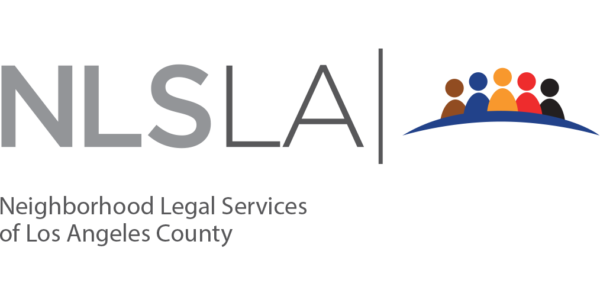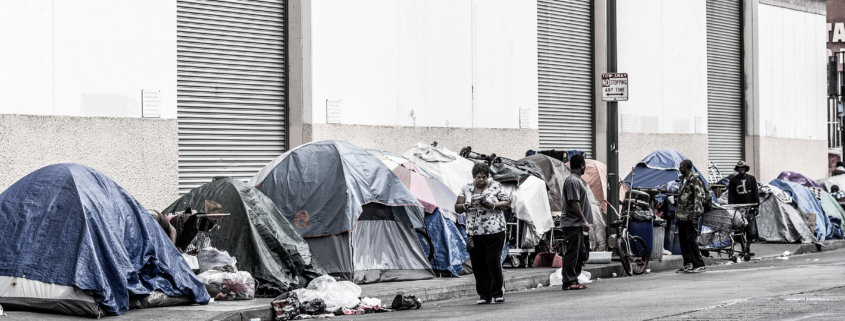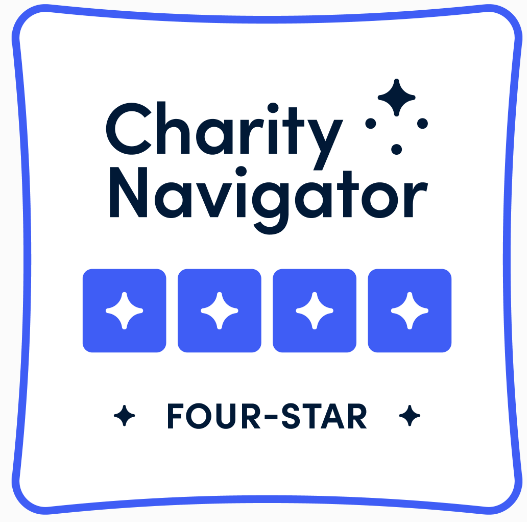As More People Fall Into Poverty, Legal Aid Is a Lifeline
In 1994, immediately after the Northridge Earthquake, NLSLA advocates reached out to residents to see what kind of legal advocacy they might need. By the time hurricane Katrina hit Louisiana, NLSLA had created a nationally recognized model for disaster legal services, and its lawyers were flown to New Orleans to aid local legal services organizations in responding to the needs of the storm’s low-income survivors.
These experiences allowed us to mobilize quickly around this current pandemic. We have spent the last few weeks making sweeping changes to the way we serve our clients – arming each of our advocates with the technology they need to work remotely, and tailoring our services to the changing needs of the communities we serve.
Low-income communities are always the hardest-hit when disaster strikes, and the novel coronavirus outbreak is no exception. People living on the margins were struggling before COVID-19 arrived – their access to food, shelter, and healthcare precarious at best – and they have been devastated by the virus’s impact.
Who are they? They are women who have endured intimate partner violence and are now trapped at home with their abuser. Early studies show domestic violence rising at alarming rates during global shutdowns.
They are people who worked multiple minimum wage jobs to support their families, and who now cannot afford food, let alone rent. New measures, like a moratorium on evictions, will not protect these families without a lawyer who can assert their rights.
They are workers who have lost their jobs or who were not paid for wages earned prior to the stay-at-home orders, and need assistance in applying for unemployment benefits or seeking payment of their earnings.
Even as we rush to meet the growing needs of our client communities, we are increasingly aware of the fact that those communities will grow at alarming rates. In just four weeks, more than 20 million Americans filed for unemployment. In Los Angeles County, more than half of adults are now unemployed. These are numbers we haven’t seen since the Great Depression, and we are only just beginning. Tens of millions of Americans will fall into poverty in the next few months, and a great many of them will need legal services. How do we prepare for this wave? How will we expand our services to help them?
We don’t have all the answers, but are working with our staff, board and partners to prepare to meet their needs and fight for their access to justice.
One thing we are sure of is that we cannot do any of this work without your help. Your support will allow us to be there for the clients we are serving today, and to be able to fight for the clients who will need us in the months and years to come.



